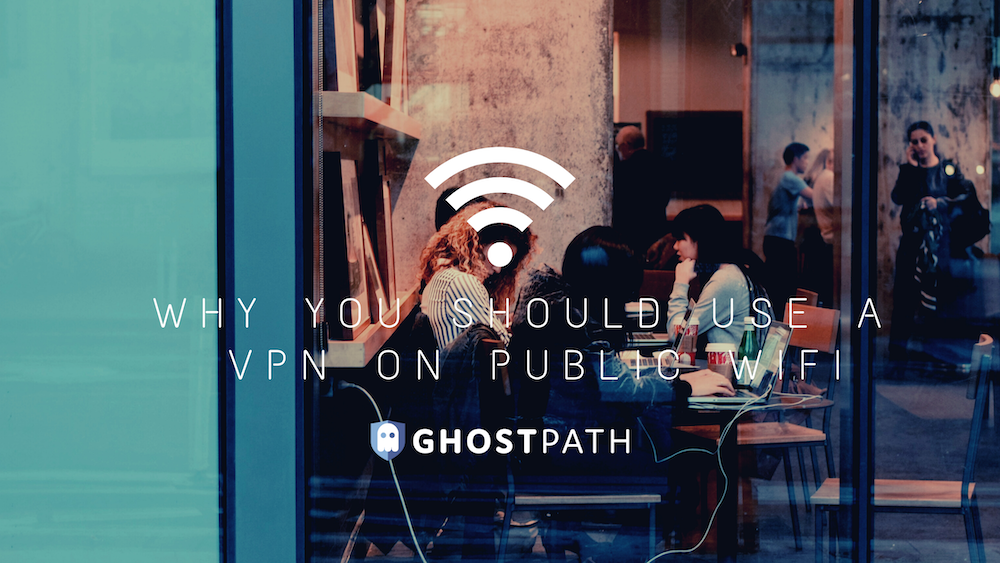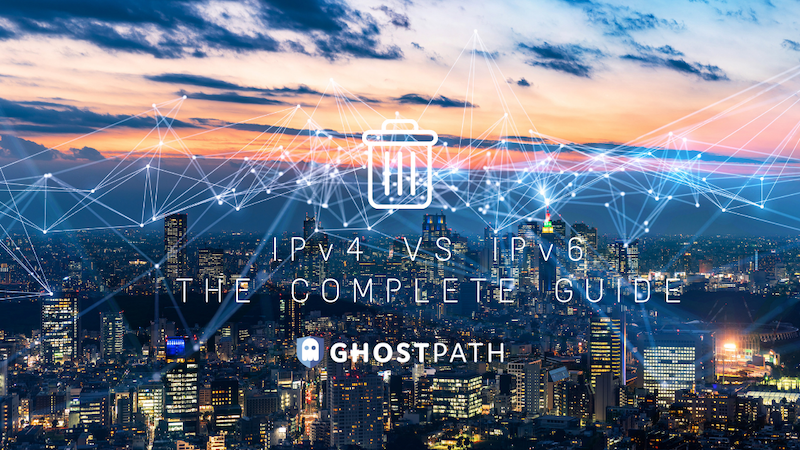The internet is a complex beast. While it appears to run seamlessly and autonomously, there are protocols, associations and governing factors that need to work in harmony so you can see the latest Facebook update from the girl you hated in High School. One such protocol is IPv4 or Internet Protocol Version 4.
IPv4 is the fourth version of the internet protocol and has been sending your data from point A to B since the early 80s. In a nutshell, IPv4 tells your data packets where to go and how to get there in the most efficient way possible. Some people have used the example of the post office and how it routes letters from sender to destination on the most efficient path.
What is IPv4?
Part of the problem with IPv4, like most things from the Reagan administration, is it’s not quite working like it used to. While the internet isn’t going to fall apart tomorrow, it is, however, in need of updating. That’s where IPv6 comes into the picture.
The IPv4 backbone was allotted a few billion IP addresses when it was created. At the time, the personal computer was still a pipe dream for most people and having a few billion addresses seemed sufficient. Well, after several decades of technological advancements, we have more computers than there are IP addresses.
For quite a while, there have been workarounds to help stretch IPv4 to the max. NAT (Network Address Translators) have been essential for this. More on them in a bit. Nevertheless, the time is fast approaching where we will not be able to wring anymore juice from this orange and need better options. IPv6 is set to eliminate many of those problems plaguing us.
What Is IPv6 And Why is It Better Than IPv4?
IPv6 will firstly offer many more addresses. How many you ask? Well, here is the number of available addresses (via IT Knowledge Exchange ) 340,282,366,920,938,463,463,374,607,431,768,211,456.
The way the additional addresses are achieved is using a different format. I am sure you’ve seen an IPv4 IP address something like 192.90.32.197. As you can see, the address is broken into 4 sections or bytes. The sections are broken down this way:
- Sections 1 and 2 are the network.
- Sections 3 and 4 are the host.
The IPv6 addresses look like this 2001:cdba:0000:0000:0000:0000:3257:9652 and have 8 sections. The sections of the IPv6 address are broken down like this:
- Sections 1-3 are the site prefix.
- Section 4 is the subnet ID.
- Section 5-8 are the Token or interface ID.
What’s the Reason for All the Additional Addresses?
Good question, I’m glad you asked.
Well, during the era of neon colors, spandex pants and cocaine rehab we call the 80’s, hardly anyone had a computer at home. The lack of computers meant there was fewer people were connected to the internet.
Once the internet became more populated and a bit more mainstream along with the price of computers was affordable to families, everyone started jumping on the digital bandwagon. Schools, businesses, and many homes started having a computer and dialling up the internet on their 56k modem.
Now, the majority of the people have a computer at home and work, a smartphone, a tablet, a smart TV hanging on their wall and many new vehicles have Wi-Fi or need to be connected to something somewhere.
All of these devices need some way to route information to and from the internet. This is where the additional addresses will come onto the scene.
Currently, the addresses are like apartment buildings. You have a single IP address with multiple sub-addresses for the individual devices on your network. Right now in my house, for example, there are 3 computers, 3 tablets, a Roku and 2 smartphones all connected to a single router using a modem as the conduit to the internet.
All of these are using the same main IP address thanks to NAT (Network Address Translators). NAT allows for just this scenario. Instead of each device needing its own unique IP address, any connected device shares the same main IP address.
With the complete adoption of IPv6, Each of these devices will have their own address making the transfer of data smoother and more exact. Also, the ability to multicast information from one device to many is greatly improved.
How Accessible is IPv6 Right Now?
Most current operating systems, including mobile OS have been set up and/or ready to transition to IPv6 for a while now. If there was a proverbial switch flipped and every internet connected device and entity could only use IPv6, from a device standpoint we’d be okay.
A major hurdle will be the everyman’s home networks. I talked earlier about having several connected devices running through my home router. Well, many consumer-level routers providing Network Address Translation (NAT) to funnel many devices to a single broadband or DSL connection are not compatible with IPv6.
This will pose a bit of a problem for the all out implementation of IPv6. Remember a few years back when analog TV went away? Even though it was a couple year process, there were still people out there refusing to upgrade their television or get a converter box. They were dead-set on trying to get the analog channels and watch TV the same way they always have.
The change to IPv6 will be similar in that regard. People resist change being forced upon them, especially the less tech savvy.
Are There Any Websites Using IPv6 Now?
Many of the major sites are either set up and available for anyone running IPV6 or have at least tested it. Sites like Facebook, Google, YouTube, Yahoo and others are all set and ready to go. A while back, Netflix was beta testing their streaming service over IPv6 pathways.
While having sites onboard is really important, so is having an ISP able to connect you to the network. Comcast, love ‘em or hate ‘em, has done testing with IPv6.
What Does IPv6 Do for Security?
Security with IPv6 is a different monster than we are used to. While the basic premise is the same, the additional features add both good and bad things when it comes to security. Let’s look at some examples of the security pros and cons of IPv6.
IPv6 Security Pros:
- Network layer encryption and authentication for IP-based networks.
- The encryption and authentication for all of your data is done at the IP level.
- Huge, scarcely populated address spaces enable it to be highly resistant to malicious scans and not easily used by automated, scanning and self-propagating worms and hybrid threats.
- This means it is much more difficult to “guess” an address or have a worm get into the device and do what it’s intended to do with no outside help.
- It’s the difference between having your email password being your pet’s name and your anniversary (spot61087) to something that is a level of actual security ( 5Yg@l^pWgl682





 Did you know that any time you use public WiFi with your smartphone you are putting yourself at risk?
Did you know that any time you use public WiFi with your smartphone you are putting yourself at risk?